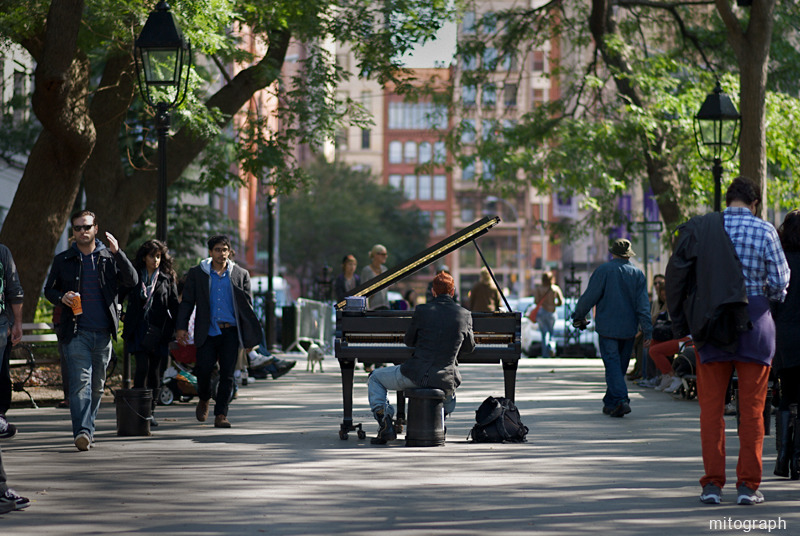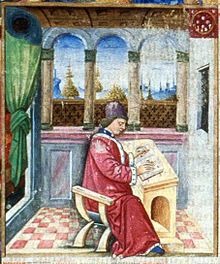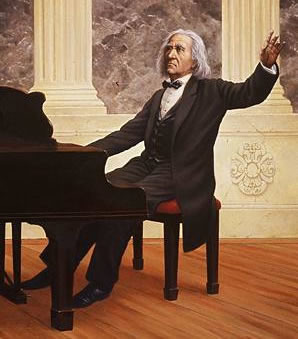Founder of the website “Musical Toronto”, whose motto is—If You Think Classical Music is Dead, You Are Dead Wrong, John Terauds is a renaissance man and a bubbling hub of information, opinion, and insights. As a long time classical music
Articles
For countless visitors to the city of Salzburg, the Cathedral is one of the city’s major tourist attractions. The Frankish missionary Rupert founded the church in 774, and Wolfgang Amadeus Mozart received his baptism there on 28 January 1756. However,
In our earlier series on C major and minor, G major and minor, and D major and minor, and A major and minor, E major and minor, B major and minor, F sharp major and minor, C sharp major and
Ken Smith is the Asian cultural critic for the Financial Times. He also covers opera in China for Opera magazine in London and opera in the West for OPERA magazine in Shanghai. A frequent arts commentator or RTHK Radio 4,
In our earlier series on C major and minor, G major and minor, and D major and minor, and A major and minor, E major and minor, B major and minor, F sharp major and minor, C sharp major and
Practical Tips for Amateur Pianist Alan Rusbridger’s book ‘Play It Again’ (published in 2013) shone a delightful and inspirational light on the world of amateur pianism, but people have been playing music at home and with friends for almost as
Everybody today seems to have an opinion, and, with the benefit of the web, many of more of us can know their opinions as well. Yet, what we value is not necessarily any opinion, but an informed opinion. Interlude will
In our earlier series on C major and minor, G major and minor, and D major and minor, and A major and minor, E major and minor, B major and minor, F sharp major and minor, and C sharp major








